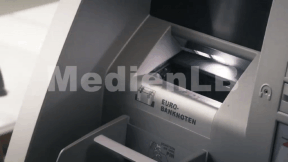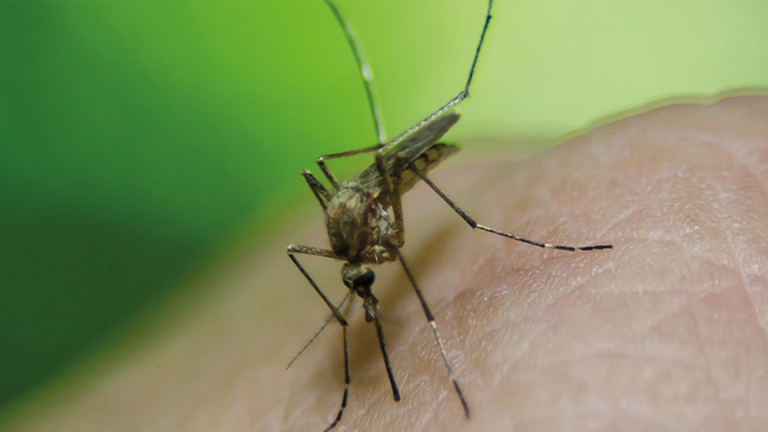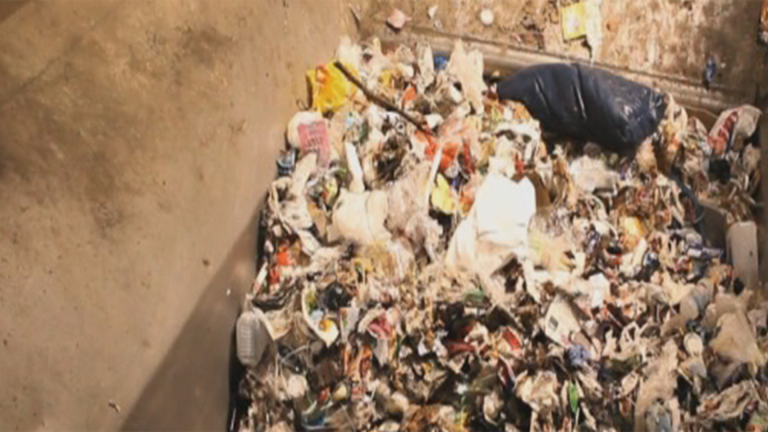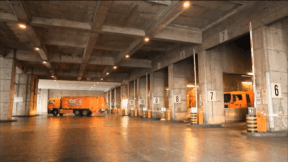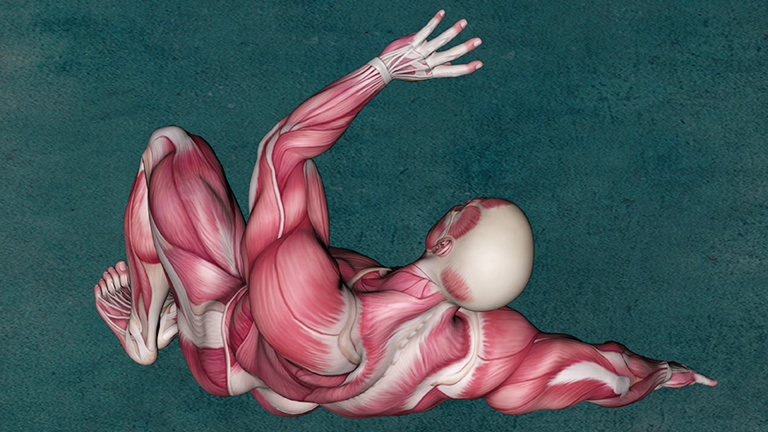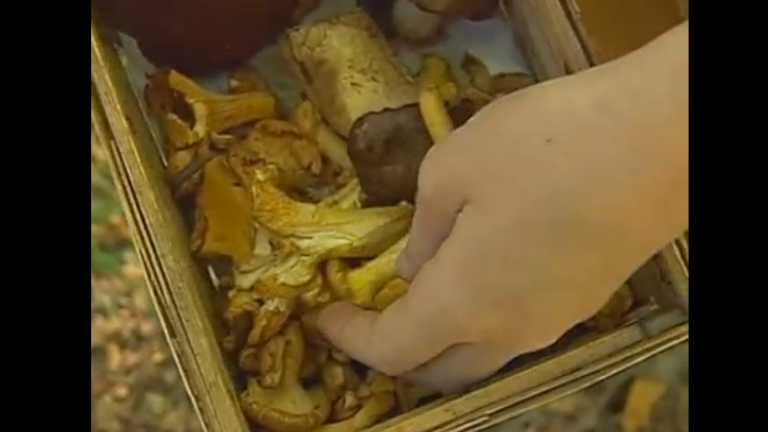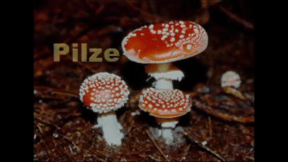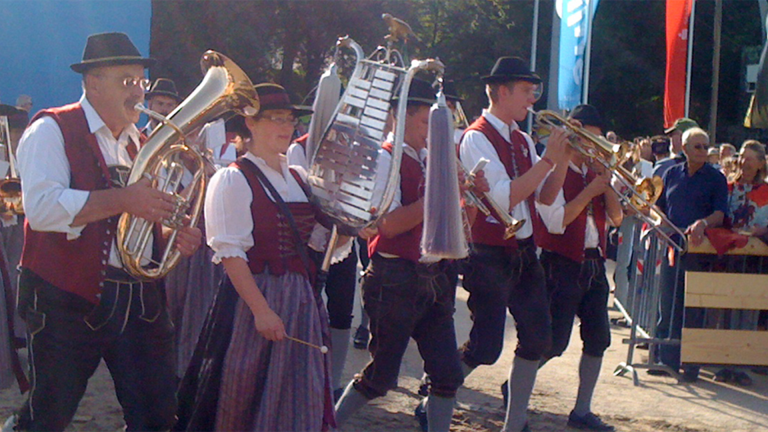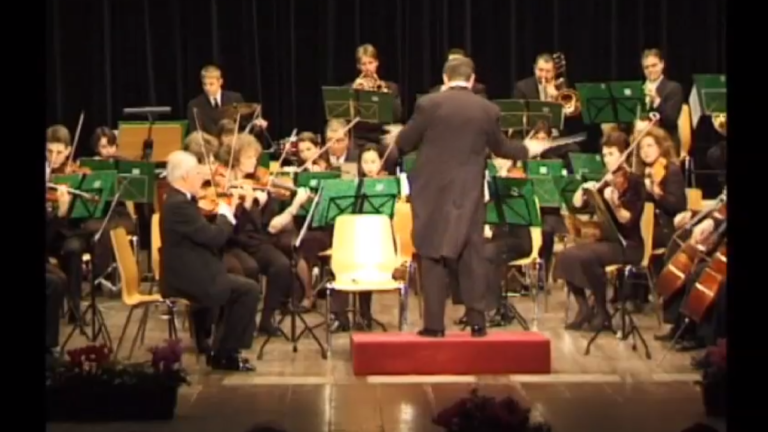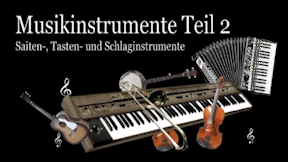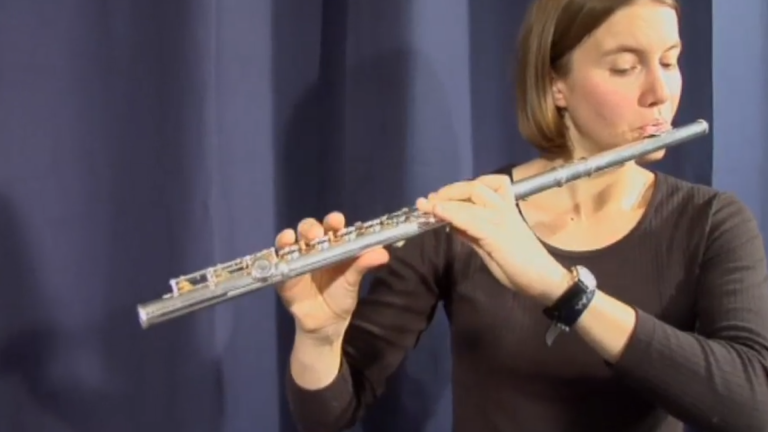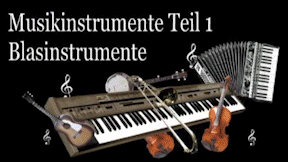Suche:
- # Artistry
- # Biology
- # Chemistry
- # Ecological
- # Economy
- # English
- # Foreign Language
- # Geography
- # German
- # Health
- # History
- # Informatik
- # Latin
- # Mathematics
- # Media Education
- # Music
- # Physics
- # Politics / Civics
- # Preschool
- # Primary School
- # Religion
- # Society
- # Sports
- # Technology
- # Training of Teachers
- # Vocational Education
Mobile Learning II
Oh, what’s that? Original soundtrack Thissen: “As our children grow up in a media world and naturally handle the media, they should also be a topic in school.“ An older child says the point is that they don’t just load down apps but create things themselves that haven’t existed so far. Hi, I’m Jana. A propeller hat. I’ll put it on. Now I’m no longer a simple rhino, but a flying rhino. Original soundtrack Thissen: “It’s exactly the great flexibility of tablets that promotes very personalised and adapted learning.” Original soundtrack Welzel: “It’s fascinating to see how the children grow with their products and how they always want to improve them.” The Westminster Abbey is a church in London for the royal family. Original soundtrack Welzel: “And?“ They think it is ok.
Learn moreMonetary System
For many hundreds of years, means of payment have been used for the exchange of goods. Initially, shells, silver or gold were offered as payment. Today money still fulfils the same purpose, but its form and complexity have changed profoundly.
Learn moreMotivation
Das Wort „Motivation“ hat seinen Ursprung im lateinischen „movere“ (bewegen). Motivation ist also die Kraft, die uns zum Handeln bewegt.
Learn moreMücken
Stechmücken, Schnaken, Gnitzen und 40 Mückenfamilien mehr bevölkern unsere Erde. Während sie uns an einem lauen Sommerabend voraussichtlich nur lästig erscheinen, sind sie seit rund 120 Millionen Jahren ein wichtiger Bestandteil unseres Ökosystems.
Learn moreMüllvermeidung
In dieser Ausgabe von "Schau dich schlau!" erfahren Sie alles, was man über Müll wissen muss. Jeder Deutsche hinterlässt jedes Jahr fast eine halbe Tonne Abfall. Wie kann man diesen gewaltigen Müllberg reduzieren? Die Wissensreporter Joey Grit Winkler und Fero Andersen wagen das spannende Experiment und wollen 24 Stunden lang keinen Müll produzieren. Joey Grit Winkler und Fero Andersen wagen ein radikales Experiment und treten in einen Müllvermeidungs-Wettstreit. Sie wollen 24 Stunden lang keinen Müll produzieren. Schnell stellt sich die Frage: Was können die beiden eigentlich noch essen? Wo können sie einkaufen? Und wie vermeiden sie es, mit Werbeprospekten und Verpackungsmaterial überschwemmt zu werden? Das Experiment zeigt, welchen Abfall wir tagtäglich produzieren und mit welchen Tricks wir unseren persönlichen Müllberg schrumpfen lassen können. In dieser Folge "Schau dich schlau!" bekommen die Zuschauer außerdem Antworten auf folgende spannende Fragen: Lohnt es sich, Flaschen nach Farben zu trennen? Landet unser sorgfältig getrennter Müll am Ende doch in der Müllverbrennungsanlage? Welche Trendsportart verbirgt sich hinter dem Begriff "Dumpster Diving", und wie kann man aus dem Datenmüll auf zerkratzten CDs und magnetisierten Festplatten wieder die ursprünglichen Informationen zurückgewinnen?
Learn moreMulti-Kulti
In Deutschland leben über sieben Millionen Ausländer: so eine Erhebung des Statistischen Bundesamtes aus dem Jahr 2006. Besonders Türken, aber auch Italiener und Polen zieht es in deutsche Lande. Bei so vielen verschiedenen Kulturen gibt es auch einiges zu entdecken. Wie feiern Türken Hochzeit? Was kochen Nigerianer am liebsten? Und wie sehen ausländische Mitbürger eigentlich die Deutschen? „Schau Dich schlau!“ zeigt, wie multi-kulturell und bunt es in Deutschland zugeht und räumt mit hartnäckigen Vorurteilen auf.
Learn moreMuscles
When we talk about muscles, we mostly think of those we can see. These are the arm, chest, abdominal and leg muscles.
Learn moreMushrooms
This DVD offers a clearly structured survey of mushrooms with an emphasis on the following aspects: Mushrooms of different shapes and colours present their fruit bodies. The reproduction by means of spores is shown with different kinds of mushrooms. The actual mushroom is formed by hyphae in the ground. The symbiosis between mushroom and tree is called mycorrhiza. Mushrooms can be poisons or medicines, as is illustrated by the examples of ergot and the birch polypore. Mildews and slime moulds are examples of the decomposing effects of mushrooms. In the fermentation of yeast plants, sugar is transformed into alcohol and carbon dioxide. Lichens are extremely adaptable. Under the electron-scan microscope, we can see how algae and mushroom hyphae form a complex symbiosis. Finally, rules and recommendations for gathering mushrooms are provided. Outstanding shots (with impressive fast-motion pictures and animations) give the pupils a comprehensive overview of the characteristics of mushrooms.
Learn moreMusic as a Commodity
Music has become a permanent feature of our lives. No radio station, no TV station, no department store, no restaurant does without using music. Music accompanies your every step. Music is a special language that conveys feelings and moods and has an animating effect. Influencing you unconsciously, it is to encourage you to buy things or helps you to recognise particular programmes or brands. In radio programmes, music is the most important part, which decides on the revenue and market share of the broadcast station.
Learn moreMusical Instruments
Music is an important part of our lives as well as of human culture. By listening attentively, pupils will obtain a finer perception of their musical environment and its structure, which is to support them in finding out and cultivating their own preferences in music. Part of this is also to be able to experience, describe and classify musical instruments.
Learn moreMusical Instruments
Music is an important element of our environment as well as of human culture. By listening attentively, pupils will obtain a finer perception of their musical environment and its structure, which is to support them in finding out and cultivating their own preferences in music. Part of this is also to be able to appreciate, describe and classify musical instruments. The DVD presents all members of the group of wind in- struments, subdivided into woodwind and brass instruments, describes their sound and how they are played and provides suitable audio samples. This DVD and the didactically arranged accompanying mate- rial are perfectly suited for the classroom both for a focus on single instruments and for an introduction to the topic „Lis- tening to music - Experiencing Musical Instruments“.
Learn more






